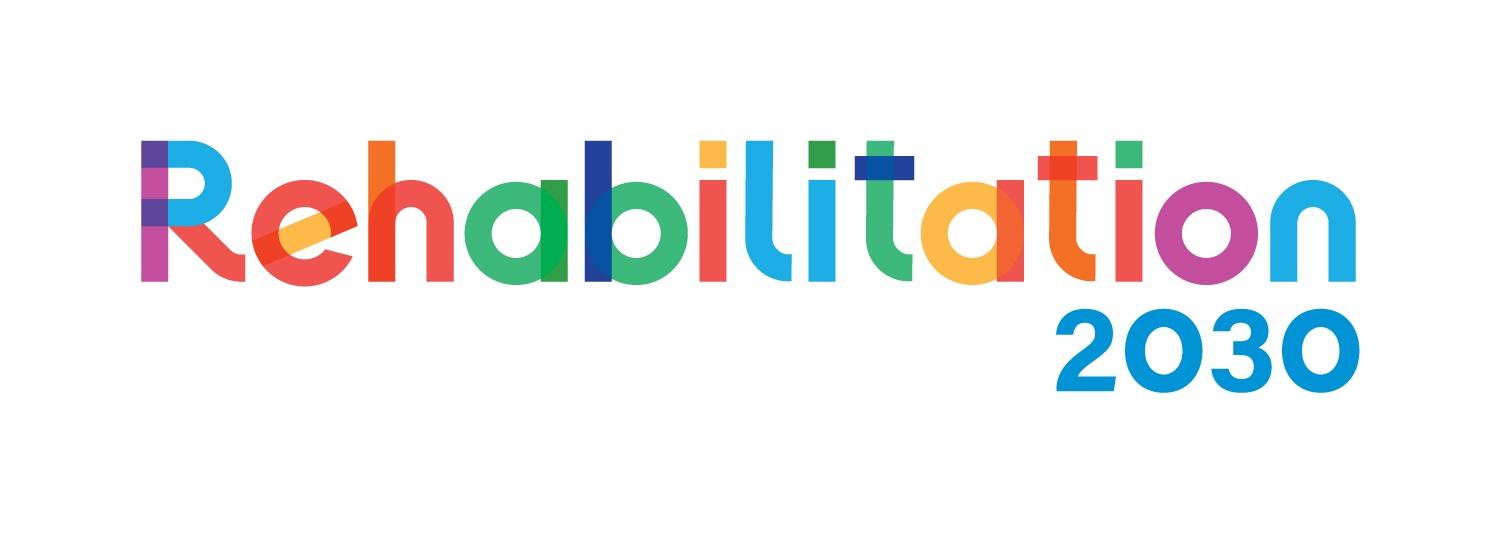Assess

Assessing for the areas of difficulty is the first step in a self-care assessment. It enables the health professionals to identify the care modules for providing rehabilitation.
There are four (4) activities under the IADLs Care Module:
- Household chores
Ask the person: Do you have difficulty:
- Planning, preparing and serving meals?
- Washing or laundering clothes, towel etc?
- Maintaining a house, such as by keeping it clean, washing dishes and making beds?
If the person answers ‘YES’ to any of the above, proceed to the next step which is the ‘PLAN’ step. If the person however answers ‘NO’ to all the questions, move on to assess the next IADL.
- Taking medications
Ask the person: Do you have difficulty with:
- Taking your medication in the correct dosages at the correct time?
- Getting medications from the pharmacy? Swallowing, injecting, or applying medications?
If the person answers ‘YES’ to any of the above, proceed to the next step which is the ‘PLAN’ step. If the person however answers ‘NO’ to all the questions, move on to assess the next IADL.
- Using the telephone
Ask the person: Do you have difficulty with:
- Making calls or sending messages (look up and dial numbers, use keypad to text)?
- Answering the telephone and having a conversation?
If the person answers ‘YES’ to any of the above, proceed to the next step which is the ‘PLAN’ step. If the person however answers ‘NO’ to all the questions, move on to assess the next IADL.
- Managing finances
Ask the person, do you have difficulty with:
- Paying bills or writing a cheque?
- Collecting and keeping track of income?
- Going to the bank to conduct transactions?
- Manage both daily and major purchases?
If the person answers ‘YES’ to any of the above, proceed to the next step which is the ‘PLAN’ step. If the person however answers ‘NO’ to all the questions, move on to assess the next IADL.
- Using transportation
Ask the person, do you have difficulty with:
- Travelling on public transportation?
- Driving your car?
- Arranging your transportation (eg. Call or book a ride, stand at a bus stop and pick the right bus)?
If the person answers ‘YES’ to any of the above, proceed to the next step which is the ‘PLAN’ step. If the person however answers ‘NO’ to all the questions, move on to assess the next IADL.
- Shopping
Ask the person, do you have difficulty with:
- Remembering and finding the items you need?
- Paying for your items?
- Carrying your items?
If the person answers ‘YES’ to any of the above, proceed to the next step which is the ‘PLAN’ step. If the person however answers ‘NO’ to all the questions, move on to assess the next care module.
![]() Question
Question
Remember Tevita?

Tevita who is frail and on medications for diabetes and osteoarthritis is forgetful with difficulty holding items and moving around. She went to see a health professional who asked her wheth er she was able to:
- Arrange and travel on public transportation or drive your own vehicle
- Make and answer calls
- Prepare meals, wash clothes and maintain a house
- Go shopping and shop for small purchases
Based on Tevita’s history, which additional question(s) did the health professional miss that may help with the planning of Tevita’s rehabilitation intervention for IADLs. Why do you think those questions are important?
